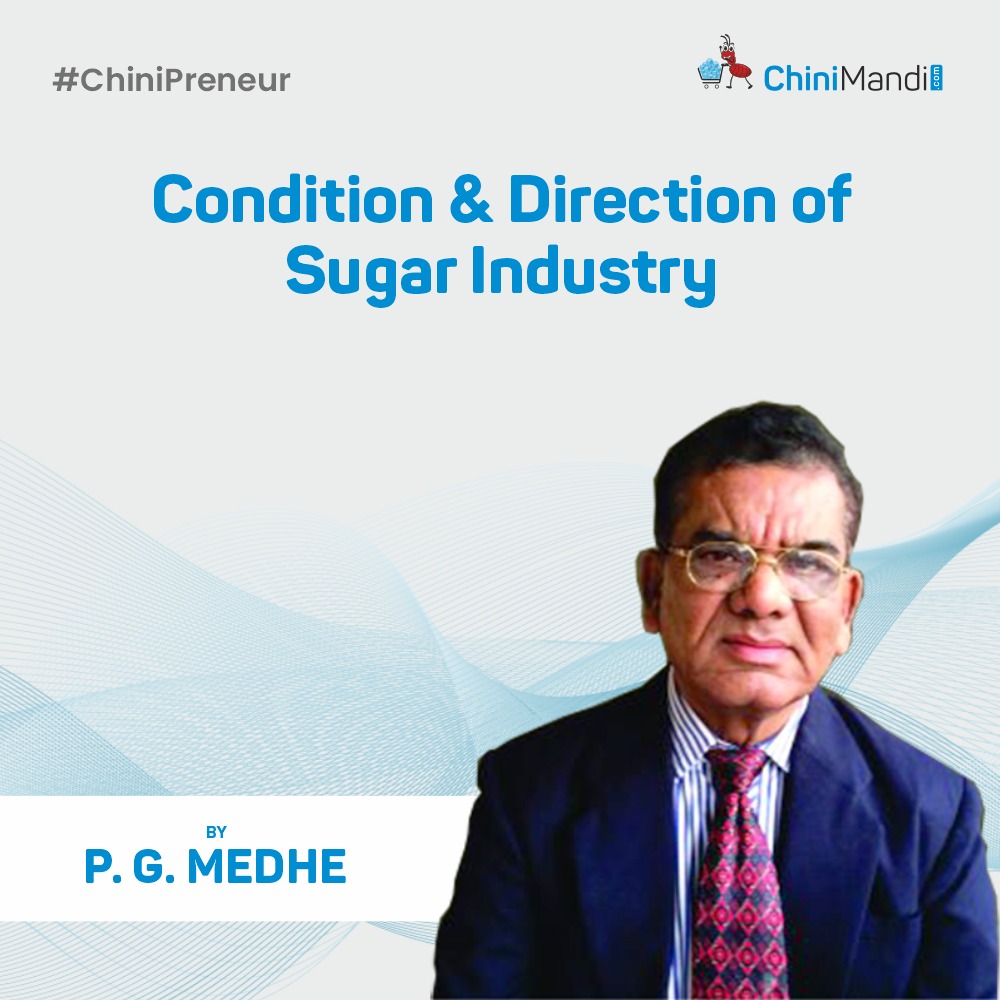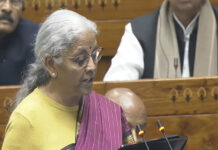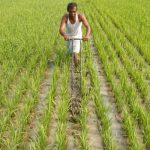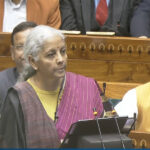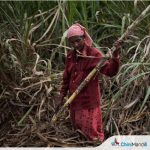India, the world’s second-largest sugarcane producer and largest sugar consumer, houses an industry that contributes over Rs 1 lakh crore annually in cane payments. It supports nearly 5 crore farmers and their families and is a cornerstone of rural livelihoods and national economic resilience. Yet, despite these achievements, the sector is facing a severe challenge: declining sugarcane yield per hectare. This directly impacts farmer incomes, sugar mill viability, and the long-term sustainability of India’s sugar ecosystem.
In this context, the Indian Sugar and Bioenergy Manufacture Associations (ISMA), in collaboration with the Department of Food and Public Distribution (DFPD) and the Ministry of Agriculture, recently convened a strategic stakeholder brainstorming session in New Delhi on “Enhancing Sustainable Sugar Production in India.” The conference identified critical structural and agronomic issues and proposed a visionary Six-Point Road Map to revitalize sugarcane productivity across the country.
However, for this ambitious agenda to be successful, a foundational policy shift is imperative, the promotion of “Consolidated Cooperative Farming at Village Level” and adoption of Drip Irrigation while retaining individual land ownership. Out of total land under cane cultivation, not more than 5% land is covered under Drip Irrigation System. And for application of AI in sugarcane crop, drip irrigation is seems to be condition president for achieving expected miracle results. This approach is essential to make modern, sustainable, and tech-enabled sugarcane farming accessible to the majority of small and marginal farmers who dominate the sector.
The Case for Consolidated Cooperative Farming:
B India’s agricultural landscape, especially in sugarcane cultivation, is increasingly fragmented. More than 70% of cane growers today hold less than 1 hectare of land. This structural limitation impedes:
- Adoption of drip irrigation systems
- Utilisation of modern implements like harvesters
- Introduction of AI and precision farming tools
- Establishment of centralised nursery and seed systems
- Economies of scale in fertiliser, pesticide, and water management
- To address this, a national policy on voluntary Consolidated Farming is critical. Under this model:
“Individual land ownership remains intact.”
- Lands are voluntarily pooled at the village level through cooperative or producer societies.
- Farming operations are conducted collectively using scientific methods, modern technology, and efficient input usage.
- Farmers receive proportional benefits, including income, subsidies, and access to modern farming tools.
- This would enable even the smallest landholder to become part of a professionally managed farming cluster, enhancing productivity, reducing input costs, and improving quality and consistency in cane supply to mills.
“SUCCESS STORY “
One such exemplary success story is shared from the state of Maharashtra:
Model Village Case Study: Karbharwadi, Tal. Karveer, Dist. Kolhapur (MS)
An Inspirational Blueprint for Sustainable and Consolidated Sugarcane Farming
In a remarkable display of collective spirit and professional foresight, the farmers of Village Karbharwadi came together to form a Cooperative Irrigation Society. Through joint efforts, they launched a unified Automotive Drip Irrigation Scheme, covering approximately 100 acres of agricultural lan of 131 farmers scattered in 550 plots – ensuring uniform and efficient water supply to all sugarcane fields in the village. Kolhapur District Central Cooperative Bank provided subsidised loan @5% for capital investment. Agri. Department of Maharashtra, IFFCO, Govt. Agri. Officers at Kolhapur paid pivotal role in implementation of this scheme. IFFCO adopted this village for 3 year and helped a lot by drafting “IFFCO GRAM KARBHARWADI SCHEME “
The Agriculture Officers of the Bhogawati Cooperative Sugar Factory, Parite, Kolhapur are regularly interacting with these joint irrigation scheme for their smooth working and given priority for timely Harvesting & Transport of sugarcane crop of this society.
In addition, Shri BHOGAWATI sugar factory provided ₹ 7000/- per acre Subsidy (Total ₹7 lakhs) and Subsidised Organic Chemicals to members of this joint Drip Irrigation Society.
The results have been transformative:
- Water savings from 2 Crores Litres per year to 55 lakh Litres 70% saving compared to traditional flood irrigation methods.
- Power and fertiliser usage reduced due to precise application through fertigation. ( 30 to 40% saving)
- Crop yield surged from an average of 27 MT/acre to an impressive 55/60 MT/acre, with significantly lower input costs.
- Cost of cultivation declined, improving overall profitability for all participating farmers.
Building on this success, the community is now preparing to adopt Artificial Intelligence (AI) developed by Baramati Agri. Development Trust- enabled systems to monitor crop health, soil moisture, pest alerts, and nutrient requirements in real-time. With this, they are confident of crossing 100 MT/acre in sugarcane yield in the near future.
Moreover, the village is transitioning towards consolidated farming wherein all operational expenses and income are proportionally shared based on landholdings—ensuring fairness, transparency, and unity among all members. The model is professionally managed, with meticulous records and transparent governance, making it a replicable case for sustainable, community-driven agriculture.
If the model of village Karbharwadi is impressive and giving successful results, why we should not implement it around the country by taking proper policy decisions? It is the need of the day.
THE SIX-POINT ROAD MAP FOR ENHANCING SUSTAINABLE SUGAR PRODUCTION:
- Promotion of New, High-Yielding, Disease and Climate-Resilient Varieties
Develop and disseminate next-generation cane varieties that are tolerant to drought, flood, pests, and diseases—ensuring consistent productivity in changing climate scenarios. - Strengthening of Seed Production and Distribution Systems at Local Level
Create decentralised, farmer-led seed multiplication centres to ensure availability of high-quality cane setts in adequate quantities across regions. - Promotion of Modern Agronomic Practices
Adoption of practices such as trash mulching, ratoon management, intercropping, and soil health monitoring to improve input efficiency and boost yield. - Increased Mechanisation and Digitalisation of Cane Farming
Encourage mechanised planting, harvesting, and spraying alongside use of AI-powered digital tools for pest/disease detection, yield prediction, and advisory services. - Improving Water Use Efficiency through Drip Irrigation
Promote micro-irrigation, fertigation and moisture monitoring systems to maximise output per drop, especially in water-stressed regions. - Integrated Farmer Support and Extension Services
Build robust extension systems using digital platforms, mobile advisories, and localised training to deliver real-time guidance and disease alerts to farmers.
These six pillars, when anchored within a consolidated farming structure, will transform cane farming from a low-yield, high-input system to a sustainable, profitable, and resilient model.
Call for Action: National Mission on Sugarcane with Policy, Research and Industry Synergy
To institutionalise these changes, the stakeholders have proposed a National Mission on Sugarcane, aimed at:
- Uniting Government, Research Institutes, Industry Bodies, and Farmers’ Organisations
- Creating state-level sugarcane productivity missions
- Facilitating funding support through NABARD and agriculture credit mechanisms
- Coordinating public-private partnership (PPP) models for seed nurseries, AI-based advisory tools, and mechanisation hubs
- Launching awareness and capacity building campaigns on cooperative consolidation and modern methods
Conclusion: From Fragmentation to Empowerment – A National Imperative
The future of India’s sugar industry lies in revitalising sugarcane yield while ensuring inclusive growth. A focus on productivity without addressing land fragmentation is inadequate. Therefore, Consolidated Farming, backed by enabling policies and supported through the Six-Point Road Map, is the path forward.
By enabling even marginal farmers to access high-tech and sustainable practices, we can uplift rural incomes, ensure raw material stability for the industry, and align with India’s broader goals of climate resilience, food-energy-water security, and Atmanirbhar Krishi.
Let this be the beginning of a coordinated, inclusive and transformative journey, towards a more productive, sustainable and empowered sugarcane ecosystem.
P.G. Medhe is the former Managing Director of Shri Chhatrapati Rajaram Sahakari Sakhar Karkhana Ltd and sugar industry analyst. He can be contacted at +91 9822329898.

